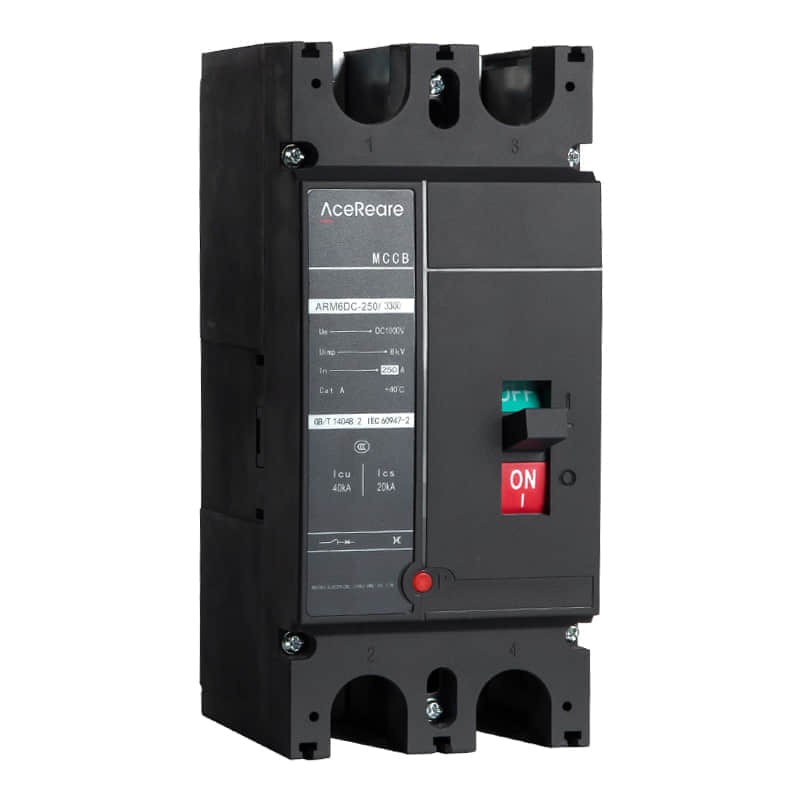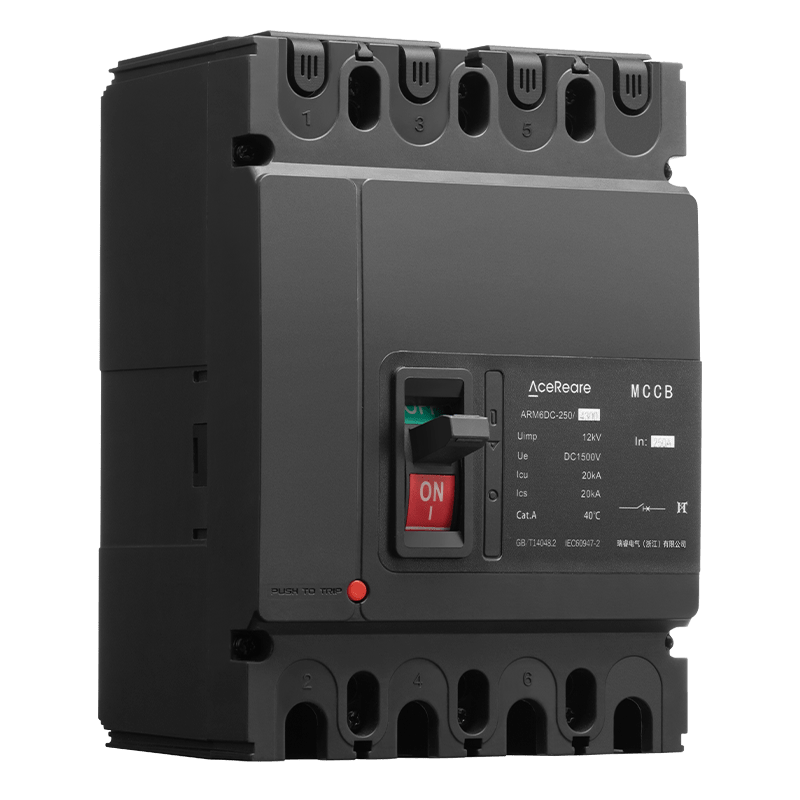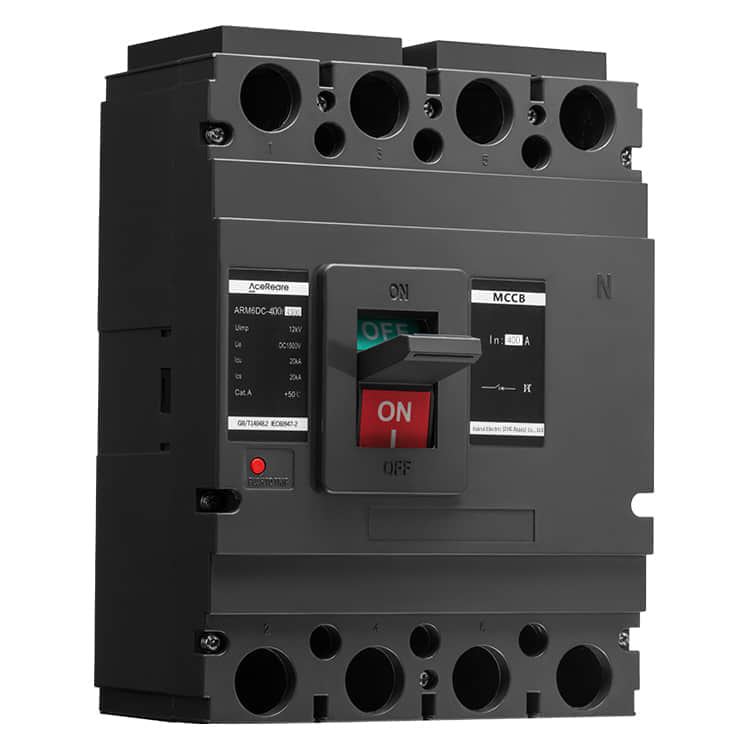文章:

In the ever-evolving realm of renewable energy, photovoltaic (PV) systems have gained significant prominence. These systems harness the power of sunlight to generate electricity, offering a sustainable alternative to conventional energy sources. However, ensuring the safety and efficiency of PV installations is of paramount importance. One crucial component in this regard is the Photovoltaic Molded Case Circuit Breaker (PV MCCB). In this article, we will delve into the world of PV MCCBs, exploring their significance, features, and advancements.

The Significance of PV MCCBs Photovoltaic MCCBs are specialized circuit breakers designed to safeguard PV systems against electrical faults and overcurrent conditions. These components play a pivotal role in ensuring the safety of PV installations, protecting equipment, and preventing fires. Here’s a closer look at their significance: Overcurrent Protection:PV MCCBs are equipped to handle the high currents generated in PV systems. They swiftly interrupt power flow during overcurrent events, preventing damage to PV panels, inverters, and other system components. Fire Prevention:Overheating or electrical faults can lead to fires in PV systems. PV MCCBs act as the first line of defense by tripping when they detect abnormal current levels, reducing the risk of fires. Equipment Protection:PV systems involve substantial investments in equipment. MCCBs safeguard these investments by preventing damage caused by electrical faults, ensuring the longevity of the system. Features of Advanced PV MCCBs Recent advancements in PV MCCB technology have resulted in a range of features that enhance their performance and reliability: Adjustable Trip Settings:Modern PV MCCBs offer adjustable trip settings, allowing for customization based on the specific requirements of the PV system. This flexibility ensures optimal protection without unnecessary tripping. Remote Monitoring:Some PV MCCBs are equipped with remote monitoring capabilities, enabling real-time tracking of system performance and the status of individual breakers. This feature enhances maintenance efficiency and system uptime. Arc Fault Detection:Arc faults can be particularly dangerous in PV systems. Advanced MCCBs include arc fault detection capabilities, promptly identifying and mitigating these hazards to prevent fires. Integration with Smart Grids:The integration of PV MCCBs with smart grid technologies enables better control and management of PV systems. This ensures efficient energy generation and distribution. Compact Design:Compact and space-saving designs make PV MCCBs suitable for installation in PV combiner boxes and other confined spaces within the system. Future Trends in PV MCCBs As PV technology continues to evolve, PV MCCBs are expected to follow suit. Here are some future trends to watch for: Higher Current Ratings:PV systems are growing larger and more powerful. Consequently, PV MCCBs with higher current ratings will be in demand to accommodate these systems’ needs. Enhanced Connectivity:Greater integration with digital monitoring and control systems will enable enhanced communication and coordination among PV MCCBs and other system components. Improved Efficiency:Ongoing research and development efforts aim to reduce the energy losses associated with PV MCCBs, enhancing the overall efficiency of PV systems. Customization and Modularity:Manufacturers are likely to offer more customizable and modular PV MCCB solutions to meet the diverse needs of PV system installers. In conclusion, Photovoltaic MCCBs are indispensable components in the world of solar energy, ensuring the safety and efficiency of PV installations. With continuous advancements in technology, these circuit breakers are evolving to meet the growing demands of the renewable energy sector. As the adoption of PV systems continues to rise, the role of PV MCCBs in protecting these investments becomes even more crucial.
